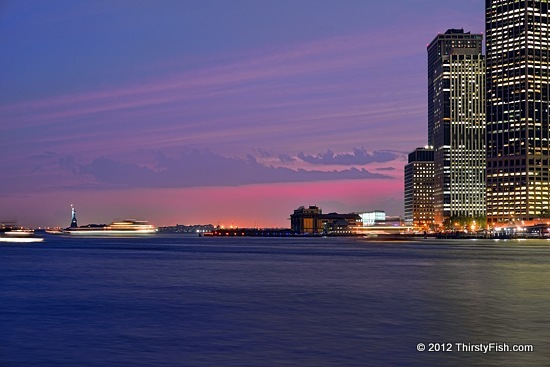Peak Civilization?

The word civilization is derived from the Latin civilis, meaning "pertaining to citizens". It entered the English language in the mid-18th century with the meaning "the act or process of bringing out of a savage or uneducated state". In this age of exploration, it was popular to view people from less-developed lands as barbaric and in great need of cultural edification.
The term Civilization has been controversial throughout it's etymology. In a quote attributed to Mahatma Gandhi, when he was asked what he thought of Western civilization by a journalist, he is said to have answered: "I think it would be a good idea". Civilization, as it is understood today, is associated with science, technology, urbanism, division of labor and culture. Since the scientific revolution, we have managed to solve many material problems of civilization through the use of science and technology. We have come to believe, without question, that science and technology will continue to solve the problems of civilization.
In a recently study, a team of researchers at MIT used computers to model future scenarios, and estimated that, if human beings continue to consume more than nature was capable of providing, global economic collapse and precipitous population decline could occur by 2030. Other futurists are also predicting that, without a fundamental paradigm shift, science and technology would not be able to prevent such a fall. Prominent economists disagreed with the report's methodology and conclusions. If global warming denial is any indicator, I do not have much confidence in "prominent" scientists whose personal interests are vested in maintaining the status quo. "Erring on the side of caution" is just a meaningless idea to these scientists. After all, consequent to being paid large sums of money by special interests, when the evidence becomes overwhelming, they can shamelessly "change their opinion". But, if the MIT prediction has any credibility, it may just be too late to change opinions!
Five years ago, the Intergovernmental Panel on Climate Change (IPCC) estimated that ice-free summers in the Arctic would come at the end of the century. Later studies have shown that Arctic sea ice is melting at a significantly faster rate than projected by even the most advanced computer models. And, a recent report by the National Snow and Ice Data Center, has revealed that the sea ice in the Arctic had reached its lowest levels ever recorded. Do we really want to play chicken with mother nature? It seems like, our blind pursuit of "civilization" is going to be our end.
In an interview published in 1972, Abenaki Indian descent Canadian filmmaker Alanis Obomsawin remarks: "Your people are driven by a terrible sense of deficiency. When the last tree is cut, the last fish is caught, and the last river is polluted; when to breathe the air is sickening, you will realize, too late, that wealth is not in bank accounts and that you can't eat money".
Song of the Day: King Rat - Modest Mouse (2007)
Posted
- Sun 2012-09-02
Captured
- 2012-08-21
- Brooklyn, NY


